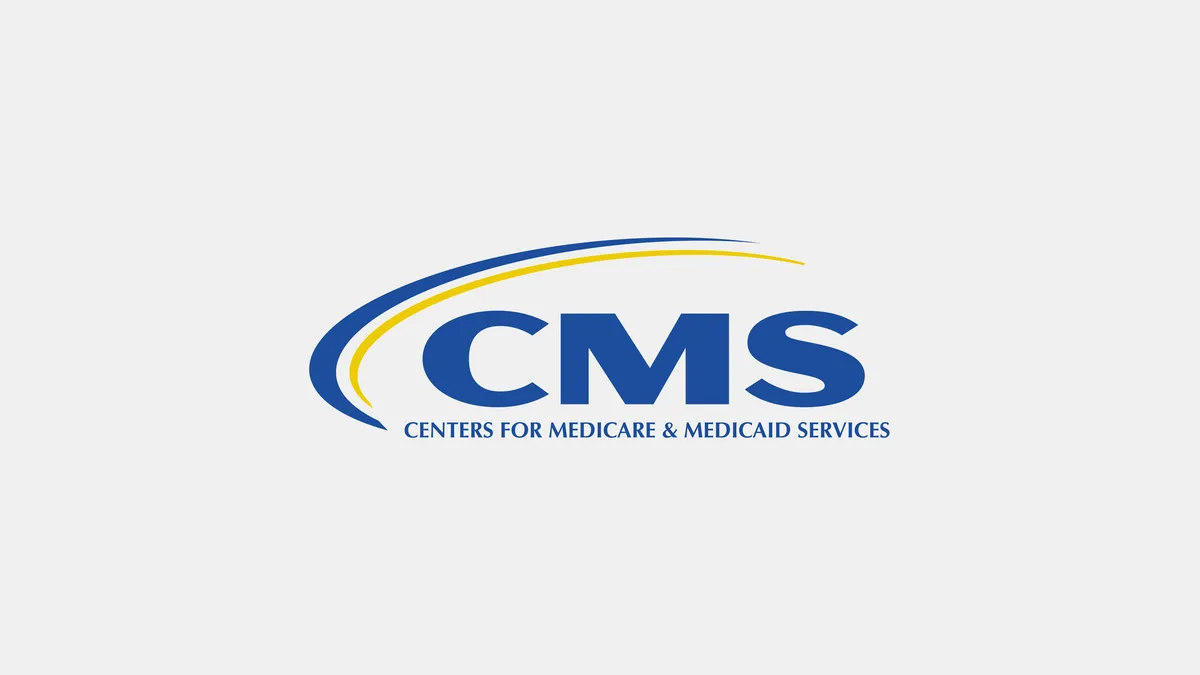Dive Brief:
- Clinical labs and diagnostic manufacturers gave feedback on a slate of ideas in a CMS payment rule impacting clinical laboratory fee schedule (CLFS) rates for 2018. At issue is a section of a proposed rule impacting the Medicare physician fee schedule (PFS), Part B and other payment systems. CMS seeks to expand data collection to have "the broadest possible representation of the national laboratory market on which to base CLFS payment amounts."
- The American Clinical Lab Association, which has raised concern that payment rates are set artificially low because they are collected by a small number of laboratories, argued that CMS' proposals would do little to align payment for tests "that reflects private market rates."
- AdvaMedDx said it expects under the current plan, the highest cost services will see a cut in payments of 25% between 2017 and 2020, which it warned could hamper patient access. The lobby asked CMS to consider stopping rates from being cut until the agency's next data collection, noting that even if CMS makes changes in the final rule this year, rates are still scheduled to be reduced in 2019 and 2020.
Dive Insight:
In the draft rule issued July 27, CMS proposed to remove Medicare Advantage payments from determining if a lab received more than 50% of Medicare revenue from physician or lab fee services. It also sought feedback on using a 14x bill type to determine Medicare revenues, using CLIA certificates to define what an applicable laboratory is and reducing the minimum spending threshold for labs submitting data to $6,250, to potentially include more labs, or increasing it to $18,750 to reduce administrative burden.
CMS notes in the proposed rule that any changes to the low expenditure threshold could subject physician offices to "very significant administrative burden" without significant impact on payment rates "given that the weighted median of private payor rates is dominated by the laboratories with the largest test volume." But the agency acknowledged that some small labs may still want to submit data and asked for input on a $6,250 threshold.
ACLA says that it opposes increasing the low expenditure threshold, though does not oppose lowering the threshold. But it says that the decision should be moot because it argues that CMS does not have the statutory authority to prohibit laboratories from reporting information.
"CMS's prohibition does not appear in the statute, it is not inferable from the statute, and it is detrimental to achieving the goal of acquiring applicable information in the most efficient and effective manner possible. All laboratories that submit Medicare claims for services payable under the CLFS are subject to the rates developed using applicable information, and they should be permitted to report data even if they do not meet the low expenditure threshold," Julie Khani, president of ACLA, wrote.
ACLA sued HHS in December 2017 over the data collection from labs used to set Medicare reimbursement rates under the Protecting Access to Medicare Act. The group argued that the "vast majority the data collected by the Secretary was only collected from the nation's two largest, independent laboratories, which are located predominantly in large, urban areas, and have much lower cost structures."
These two labs would presumably be market giants Quest Diagnostics and LabCorp.
The lab group argues that HHS was aware the data being "cherry-picked" would reflect a lower cost and asked the court to direct HHS to withdraw or suspend its regulations and cease from implementing the new CLFS until revisions were made. It is still being litigated.











